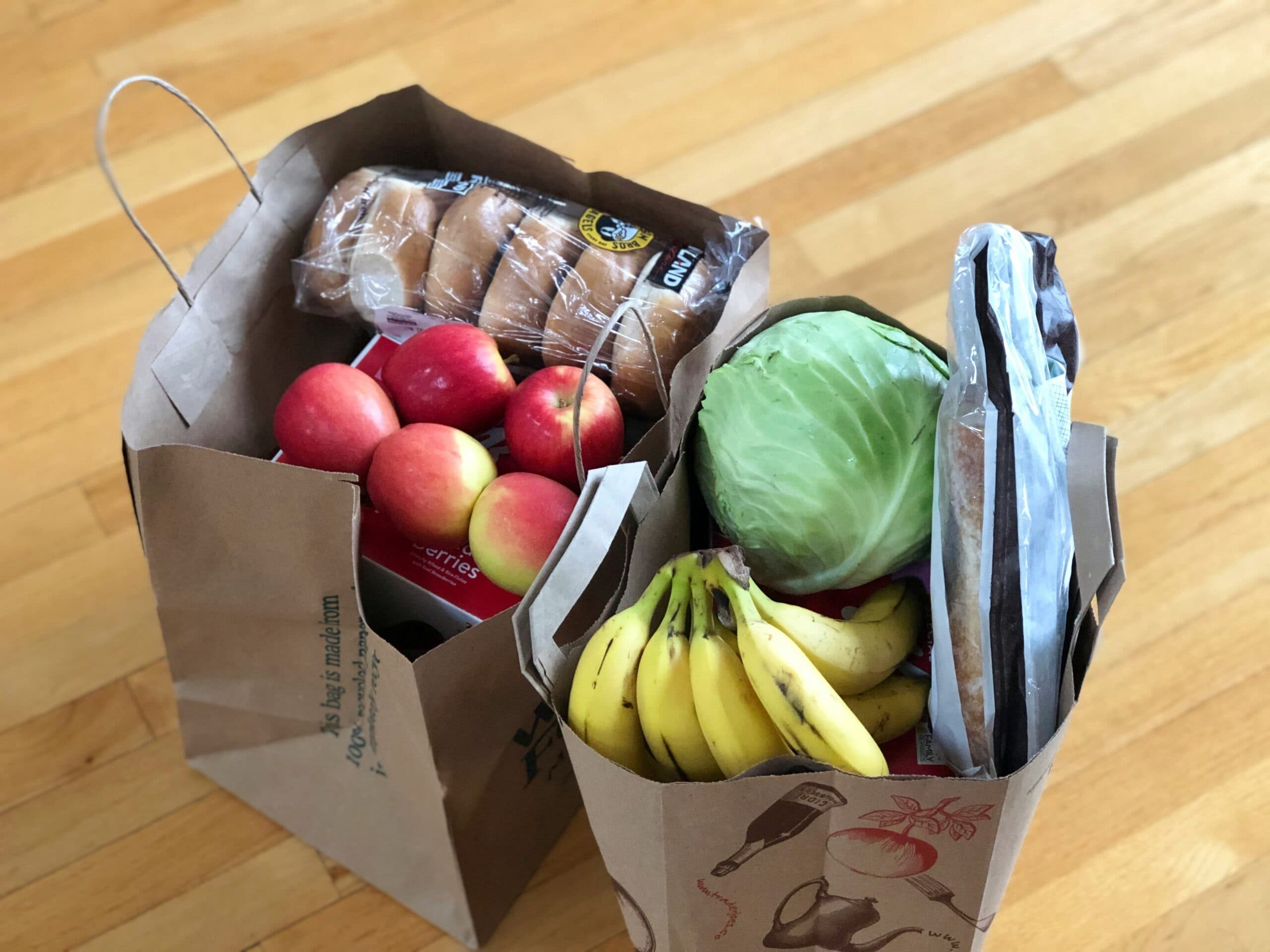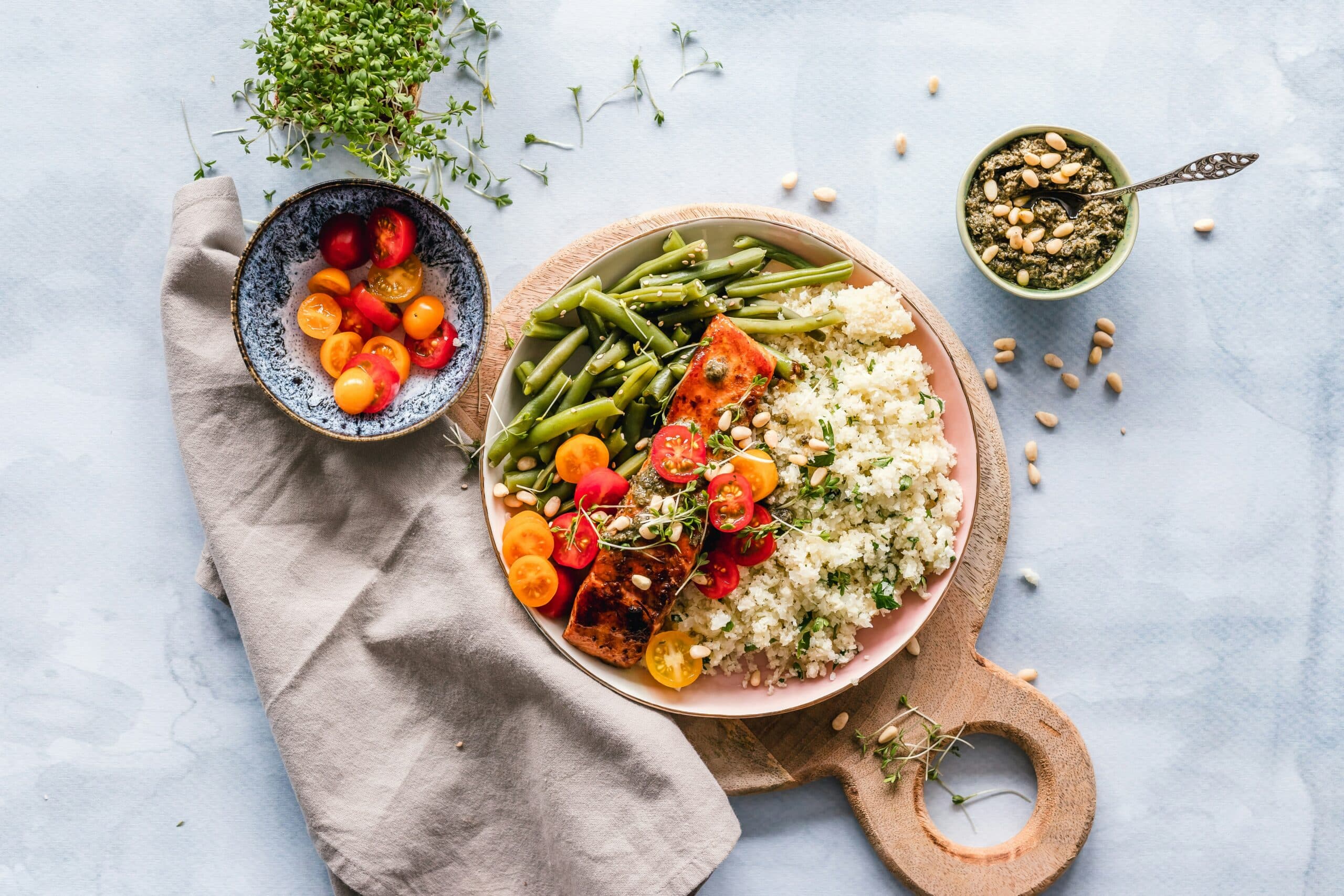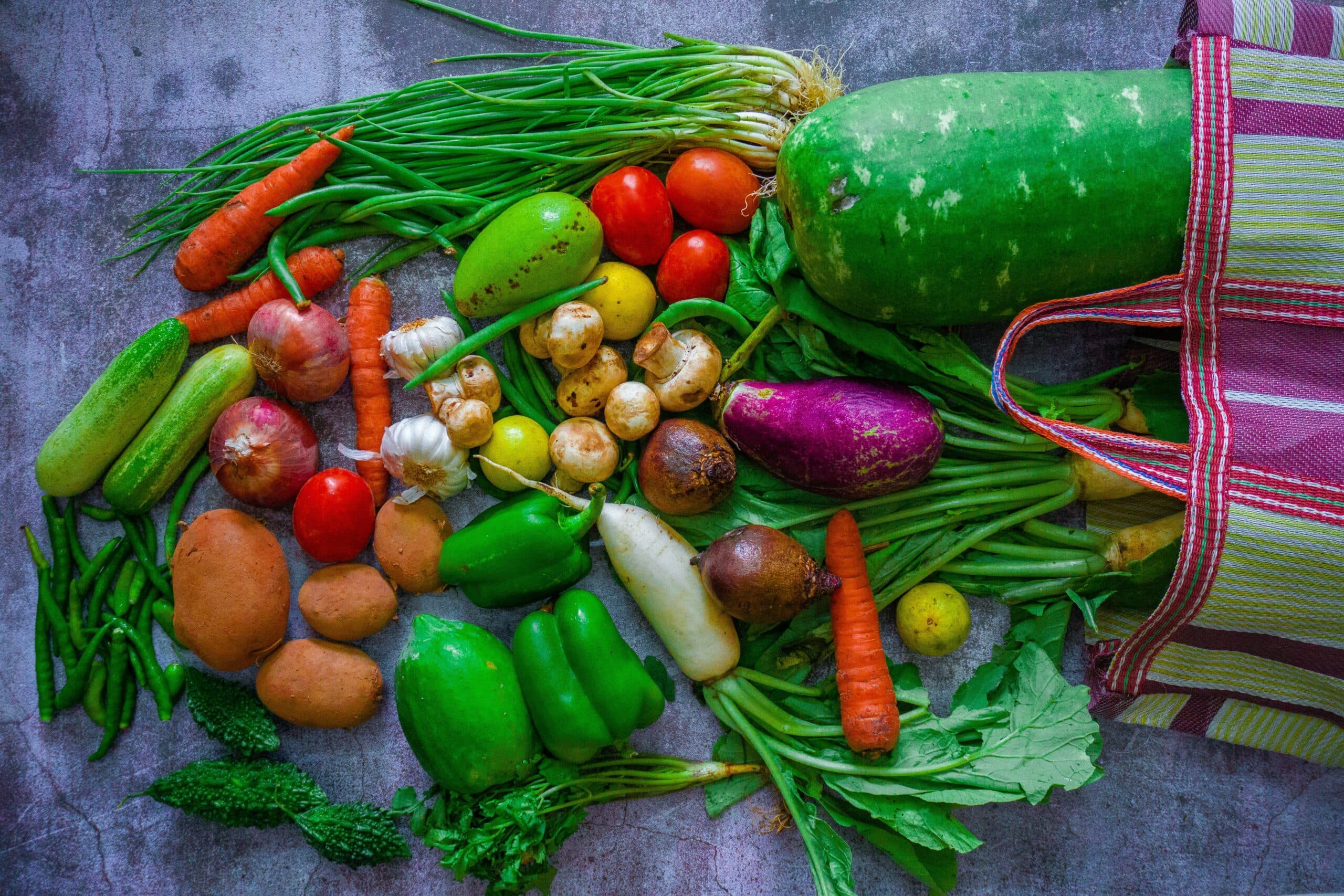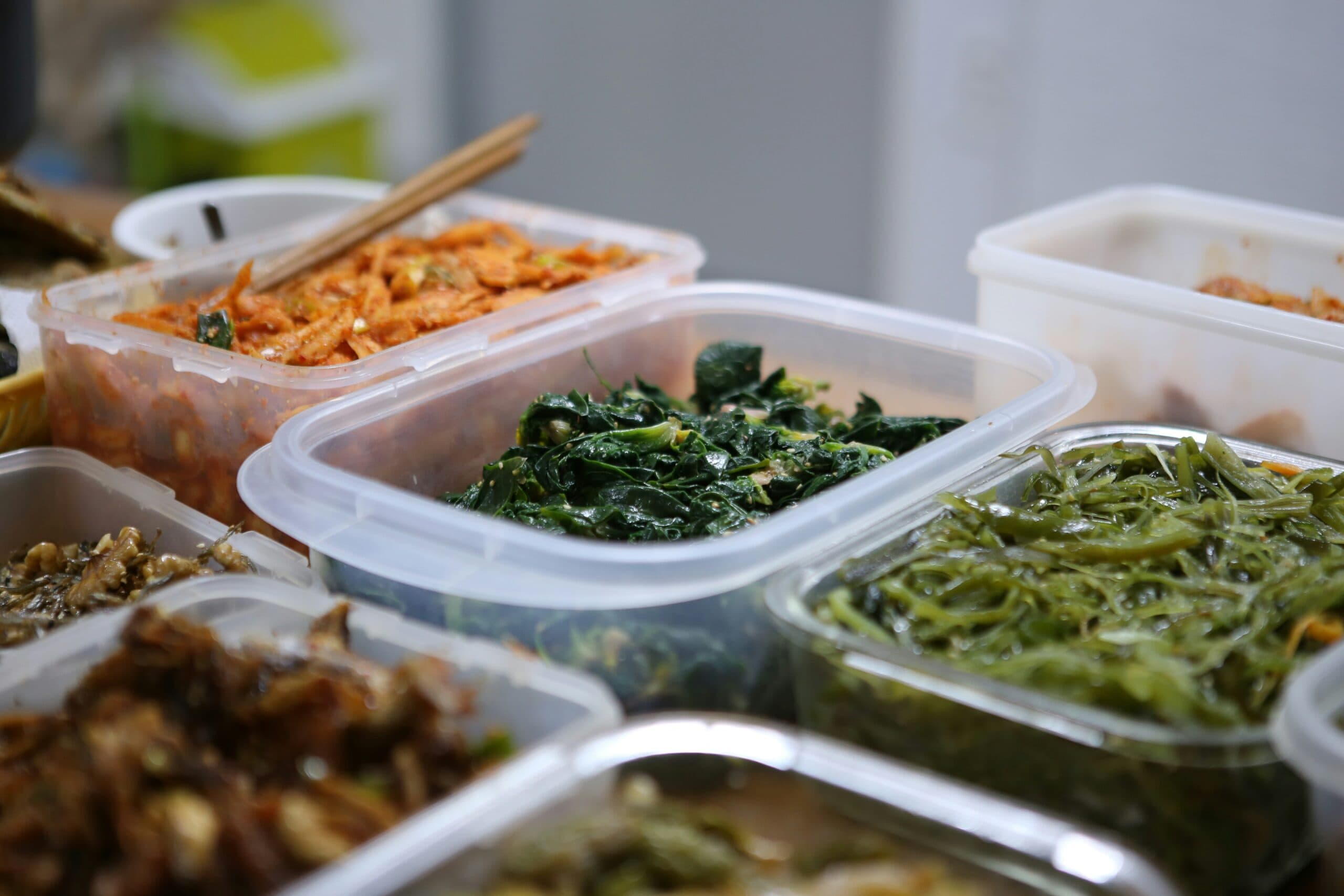
August 12, 2025
Grocery List for a Low-Processed Diet
Eating a low-processed diet isn’t about depriving yourself—it’s about getting back to the basics. By focusing on whole, unprocessed, and minimally processed foods, you fuel your body with nutrients in their most natural form. Whether you’re a beginner making the switch or you’ve been on this journey for years, having a structured grocery list can make all the difference.
Why a Low-Processed Grocery List Matters
When you shop without a plan, it’s easy to grab convenient packaged foods that are loaded with additives, sodium, and refined sugars. A grocery list tailored to a low-processed diet not only helps you stay on track but also saves time, money, and decision fatigue at the store.
Quick Stats on Processed Foods in America:
-
Over 60% of the average U.S. diet comes from ultra-processed foods.
-
Studies link high processed food intake to increased risks of obesity, heart disease, and type 2 diabetes.
-
People who focus on whole foods consume 25–30% more fiber and significantly more vitamins and minerals.
Your shopping cart is your first step toward better health so let’s fill it with the right choices.
1. Fresh Produce (The Foundation of Your List)
Fruits and vegetables are the cornerstone of a low-processed diet, providing fiber, vitamins, minerals, and antioxidants.
-
Vegetables: Broccoli, spinach, kale, carrots, bell peppers, cauliflower, zucchini, asparagus.
-
Fruits: Apples, berries, oranges, bananas, pears, grapes.
-
Tips: Shop seasonal and local when possible for better flavor and nutrition.
2. Quality Proteins (Building Blocks for Your Body)
Protein keeps you full and supports muscle repair, hormone production, and immune health. Choose unprocessed or minimally processed sources.
-
Meat & Poultry: Grass-fed beef, free-range chicken, turkey, lamb.
-
Seafood: Wild-caught salmon, cod, tuna, shrimp.
-
Plant-Based: Lentils, chickpeas, black beans, tofu, edamame.
-
Eggs: Organic, pasture-raised when possible.
3. Whole Grains (Slow-Burning Energy)
Whole grains offer fiber, B vitamins, and minerals without the nutrient loss of refined grains.
-
Staples: Quinoa, brown rice, oats, bulgur, barley, farro.
-
Bread & Pasta: 100% whole grain or sprouted grain bread, whole wheat pasta.
-
Tip: Read labels—three or fewer ingredients is a good sign.
4. Healthy Fats (Essential for Brain & Heart Health)
Healthy fats support cell function, hormone balance, and nutrient absorption.
-
Oils: Extra virgin olive oil, avocado oil, coconut oil.
-
Whole Sources: Avocados, nuts (almonds, walnuts, pecans), seeds (chia, flax, pumpkin).
-
Nut Butters: Natural peanut butter or almond butter (just nuts and salt).
5. Dairy & Dairy Alternatives (Choose Wisely)
Dairy can be part of a low-processed diet if you choose products without additives or added sugars.
-
Milk: Organic whole milk or unsweetened plant milks (almond, oat, soy).
-
Yogurt: Plain Greek yogurt, unsweetened coconut yogurt.
-
Cheese: Natural cheeses like cheddar, mozzarella, feta.
6. Pantry Essentials (Convenient but Clean)
Having a stocked pantry keeps healthy eating easy even on busy days.
-
Canned Goods: No-salt-added beans, diced tomatoes, tuna in water.
-
Dried Goods: Lentils, split peas, whole grain pasta.
-
Spices & Herbs: Turmeric, cinnamon, cumin, oregano, rosemary.
-
Condiments: Mustard, hot sauce, vinegar—look for minimal ingredients.
7. Beverages (Hydration Without Hidden Sugars)
Skip soda and overly processed drinks.
-
Best Choices: Water, sparkling water, herbal tea, black coffee.
-
Avoid: Energy drinks, sweetened teas, flavored coffee creamers.
8. Snack Smart (Fuel, Don’t Fake It)
Instead of chips or candy, keep whole-food snacks on hand.
-
Fresh fruit slices with nut butter
-
Hard-boiled eggs
-
Hummus with veggie sticks
-
Handful of nuts or seeds
Your Printable Low-Processed Grocery Checklist
Produce
-
Broccoli
-
Spinach
-
Kale
-
Carrots
-
Bell peppers
-
Apples
-
Berries
-
Oranges
Proteins
-
Grass-fed beef
-
Free-range chicken
-
Wild-caught salmon
-
Lentils
-
Chickpeas
-
Eggs
Whole Grains
-
Quinoa
-
Brown rice
-
Oats
-
Whole wheat bread
Healthy Fats
-
Extra virgin olive oil
-
Avocados
-
Almonds
-
Chia seeds
Dairy & Alternatives
-
Plain Greek yogurt
-
Organic whole milk
-
Feta cheese
Pantry
-
No-salt-added beans
-
Canned diced tomatoes
-
Turmeric
-
Vinegar
Beverages
-
Water
-
Herbal tea
Bottom Line
A low-processed diet starts in the grocery store. With a thoughtfully prepared grocery list, you can cut down on unnecessary additives, boost your nutrient intake, and set yourself up for success in the kitchen. Start with the basics, choose whole and minimally processed foods, and remember, the fewer ingredients on the label, the better.
Recent Posts

10 Grocery Shopping Habits That Make Your Diet Healthier
December 17, 2025

How Balanced Nutrition Affects Mental Health
December 16, 2025

Nutrition Coaching vs. Diet Plans for Sustainable Results?
November 5, 2025

Seasonal Grocery Shopping: Eating in Season Boosts Nutrition
October 30, 2025

How to Grocery Shop for a Sustainable, Healthy Lifestyle
October 22, 2025

Meal Planning 101: Shop Smart for a Week of Healthy Meals
October 21, 2025
